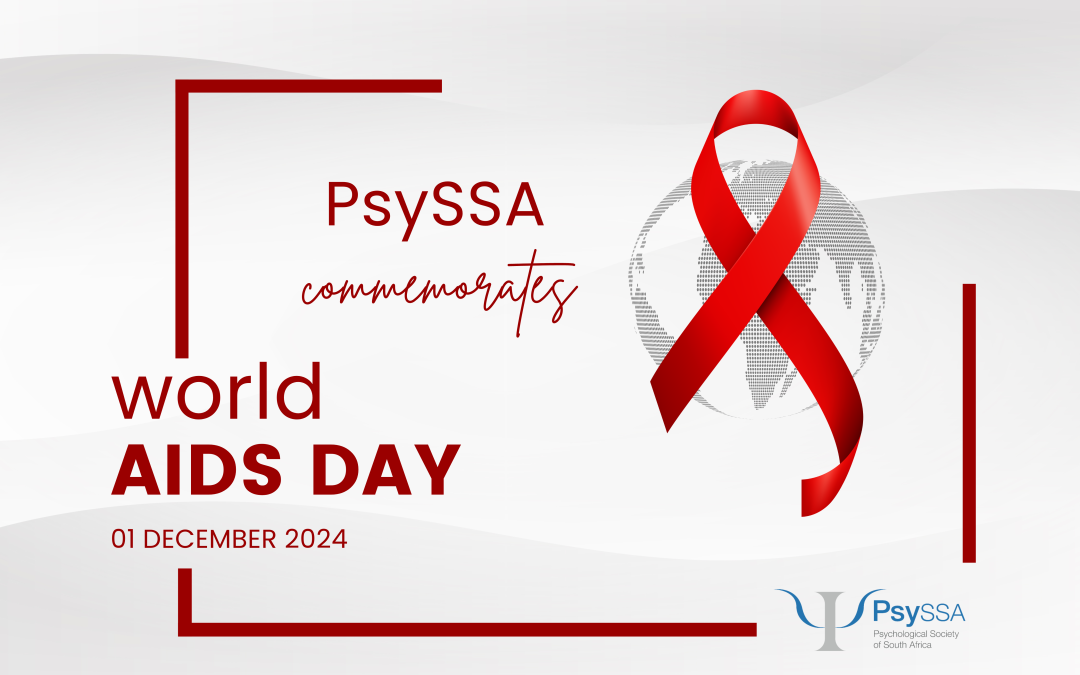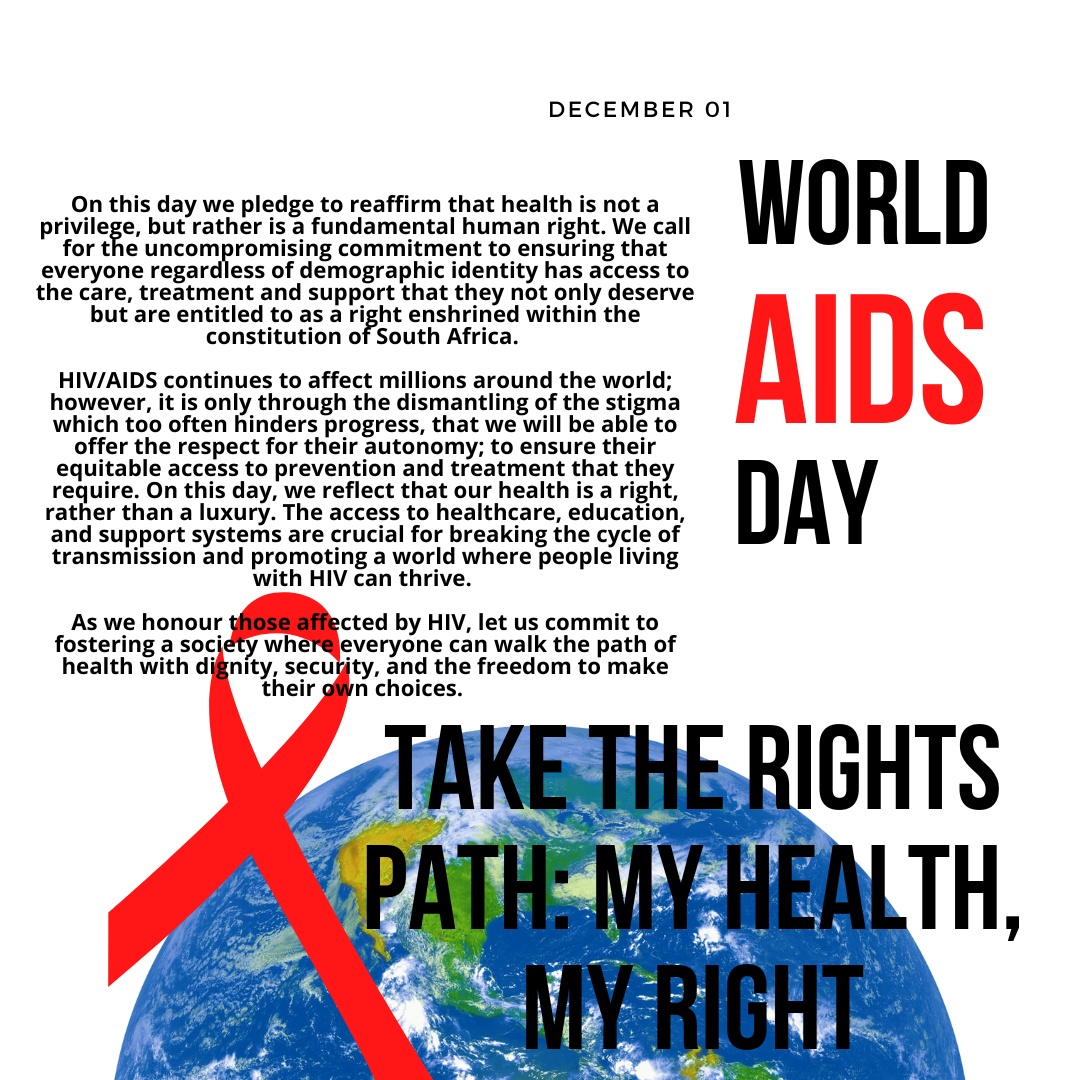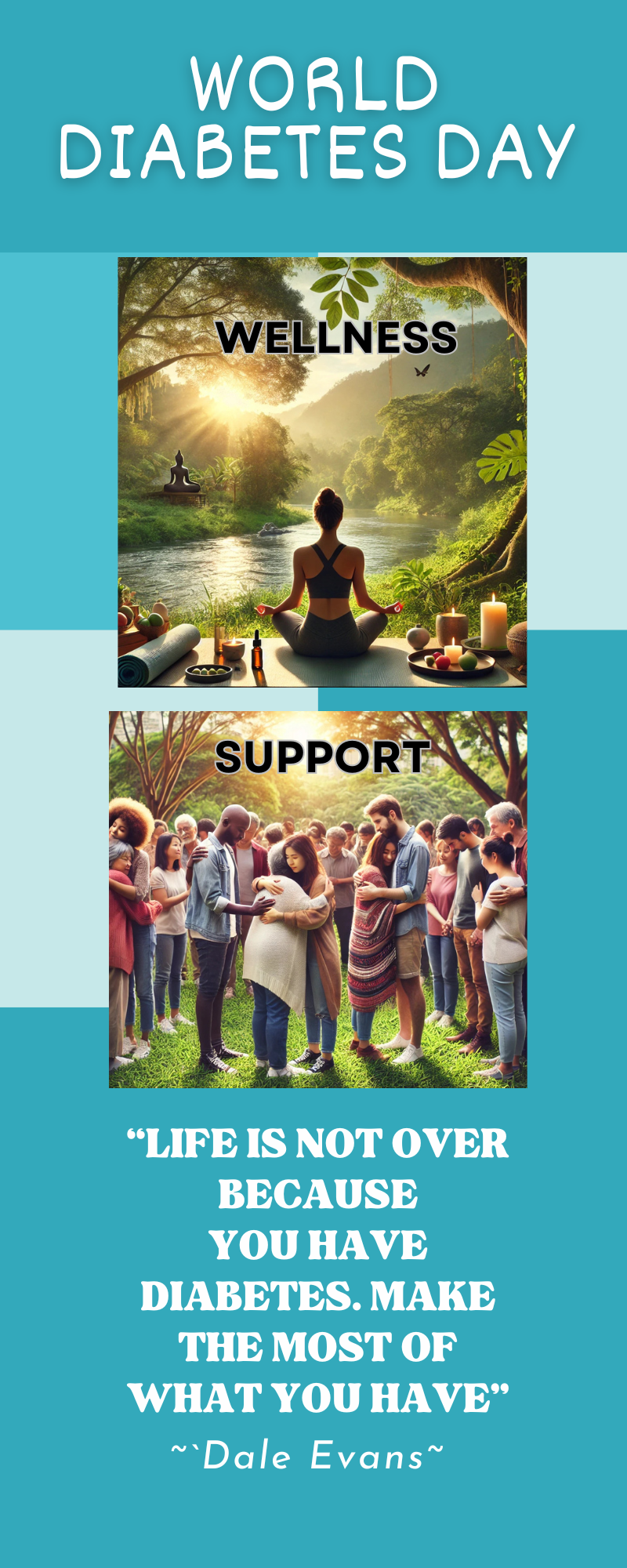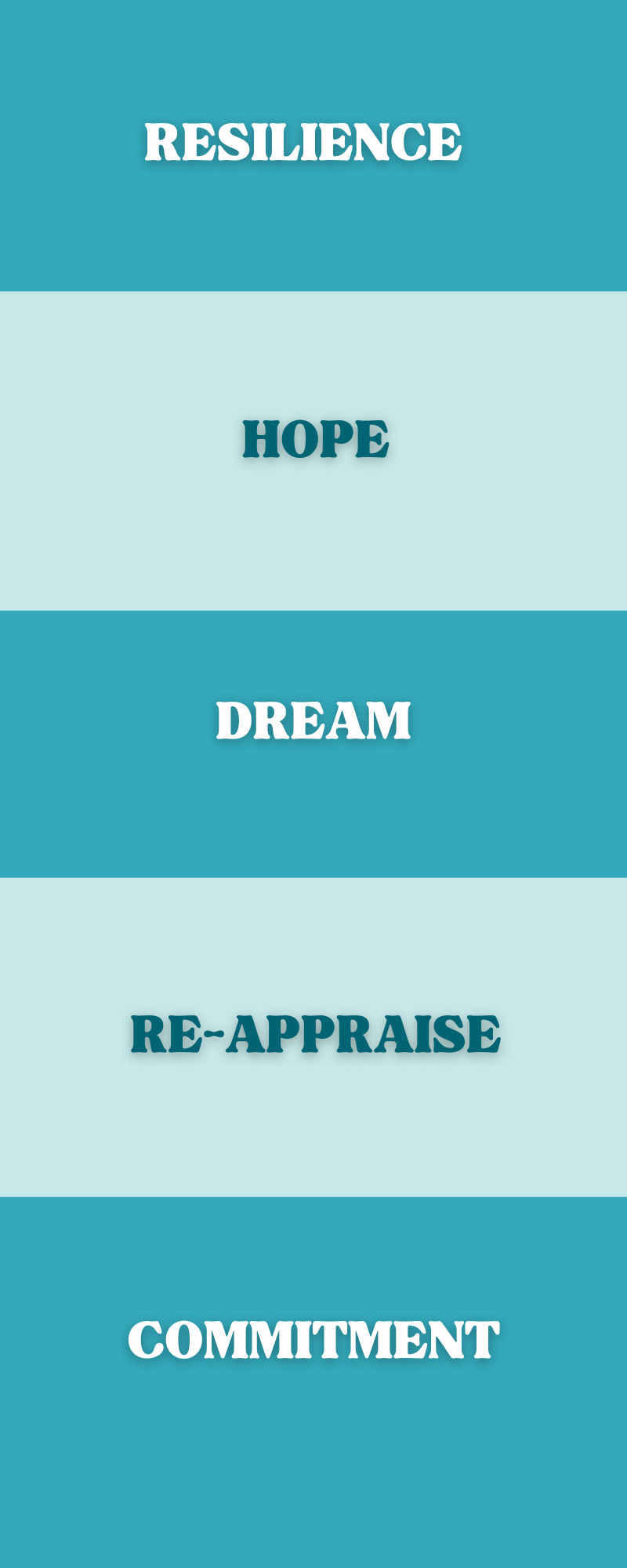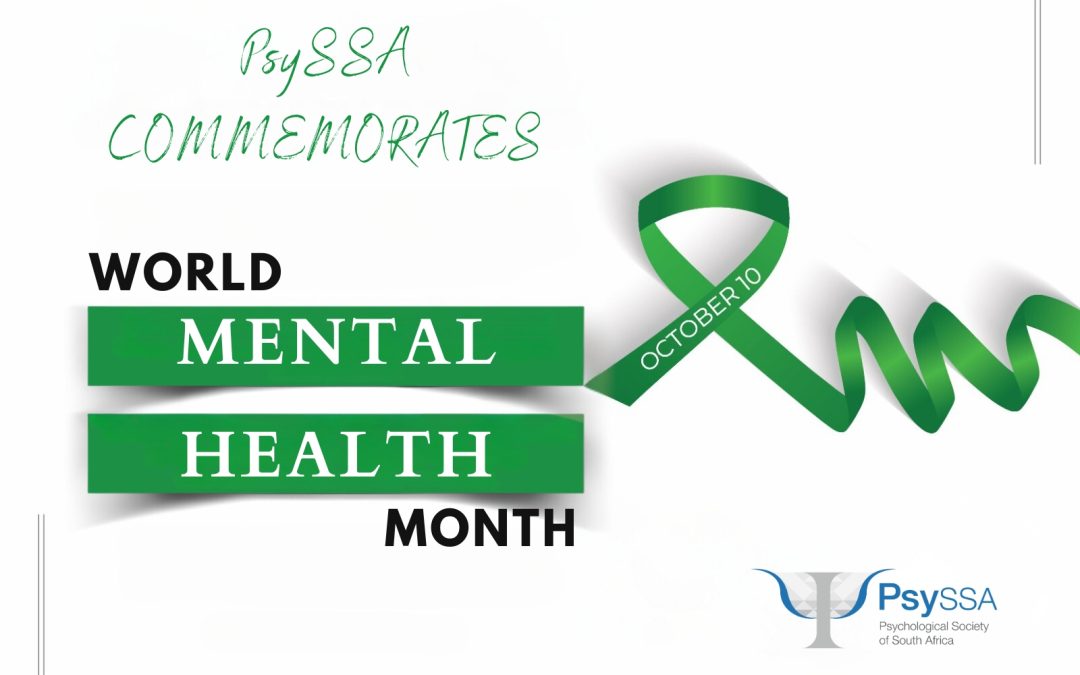
16 Days of Activism for No Violence Against Women and Children – 25 November-10 December 2024
All it takes
By Leonie Vorster, Trauma and Violence Division Executive Committee Member
If you talk to just three children and three women in South Africa, you are highly likely, statistically speaking, to come face-to-face with gender-based violence (GBV). Long after the six conversations, two survivors and those close to them will be living with the impact of GBV, while the perpetrators reoffend, unchallenged and unchanged.
GBV (violence perpetrated against any person based on their gender) can lead to Post Traumatic Stress Disorder, obsessive behaviour, compulsions, anger, antisocial behaviour, anxiety, stress, depression, dissociation, self-injury, body issues, gastro-intestinal issues, somatic complaints, substance abuse, relationship issues, sexual difficulties, and a host of serious physical and psychological disorders (Vorster, 2021).
Addressing the scourge of GBV does not lie with the one in three survivors, though they are a stark, statistical reminder that we are failing to tackle GBV. Health professionals are justified in supporting GBV survivors and, understandably, that is where the focus has been. However, helping the perpetrators of GBV is the best way to prevent GBV, and we have failed at this (Vorster, 2021).
Working with perpetrators of violence against women and children can be challenging, and prevention is complex. Perpetrators often have gender role strain issues, resorting to violence to cope with feelings of inadequacy (Baugher, 2015). Furthermore, violence against women and violence against children intersect, emphasising the need for collaborative efforts to address both (UNICEF, 2024). The definition and acceptability of what constitutes GBV also varies significantly across diverse cultures and contexts, underscoring the importance of culturally sensitive approaches in research, intervention, and prevention programmes (Perrin et al., 2019). Nonetheless, exposure to various forms of violence has adverse health outcomes for victims, regardless of cultural context (Rivara et al., 2019).
Interventions based on “naming and shaming” perpetrators may not be effective in reducing violence or enhancing safety for women and children. Arguably, isolating perpetrators (as opposed to reintegrating them) can reinforce negative self-perceptions and perpetuate violent behaviour. In contrast, approaches that focus on holding perpetrators accountable in a way that encourages rehabilitation and offers alternative, non-violent models of behaviour are more promising when it comes to prevention (Camp, 2019).
What will it take to create a world free from violence towards women and children?
Effective prevention requires multi-sectoral approaches, community involvement, and long-term strategies; addressing underlying social drivers like gender inequality, harmful societal norms, and patriarchal values; psychological health interventions, parenting programmes for perpetrators, and reducing reoffending; and policy changes, systemic thinking, and system-wide interventions (Fernández-Conde et al., 2024).
The 16 Days of Activism against Gender-Based Violence annual international campaign kicks off on 25 November, the International Day for the Elimination of Violence against Women, and runs until 10 December, Human Rights Day. This year’s campaign theme is UNITE! Invest to prevent violence against women and girls. The campaign calls on citizens to show how much they care about ending violence against women and girls by sharing the actions they are taking to create a world free from violence towards women. This year’s campaign also calls on governments worldwide to share how they are investing in gender-based violence prevention.
There is #NoExcuse.

